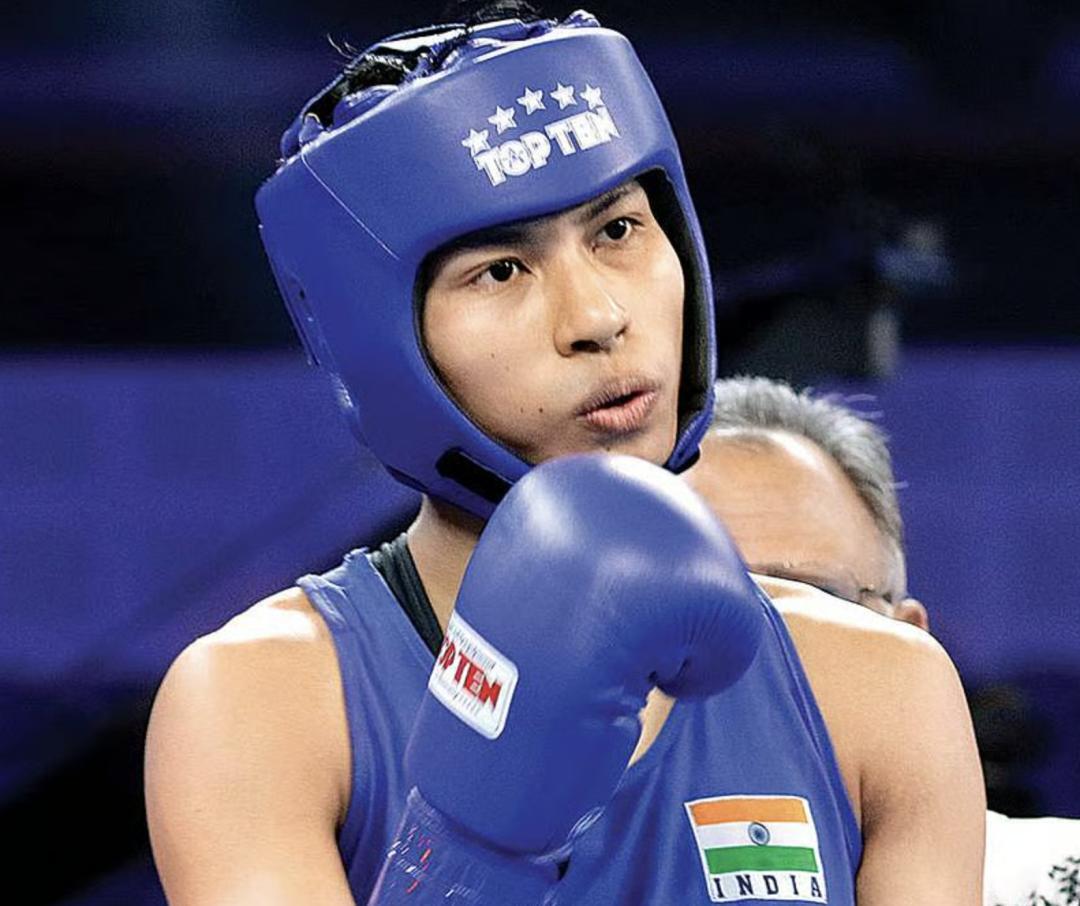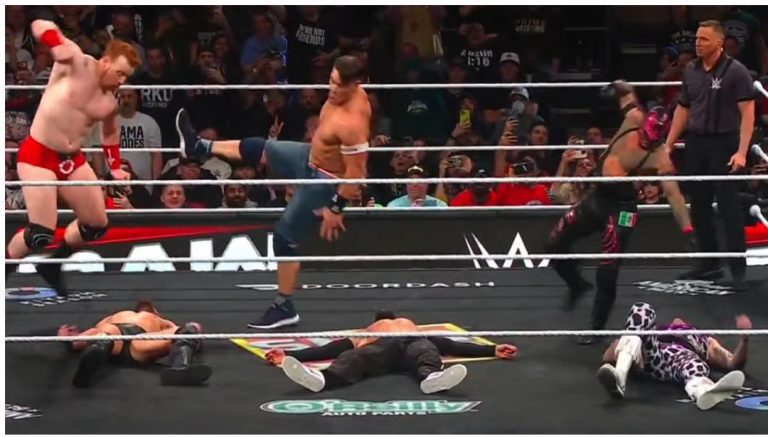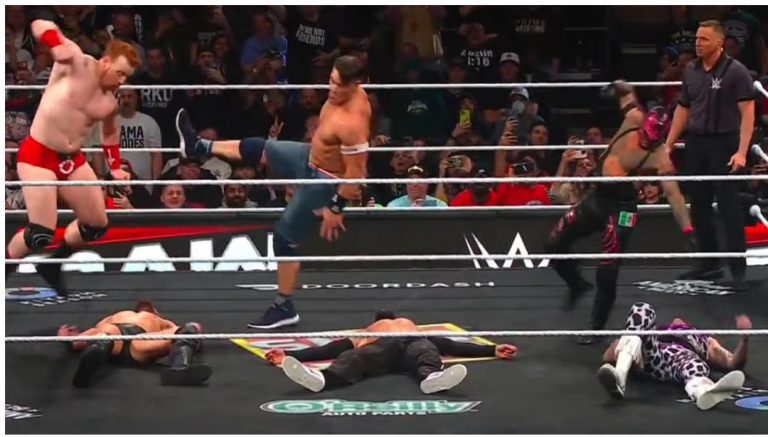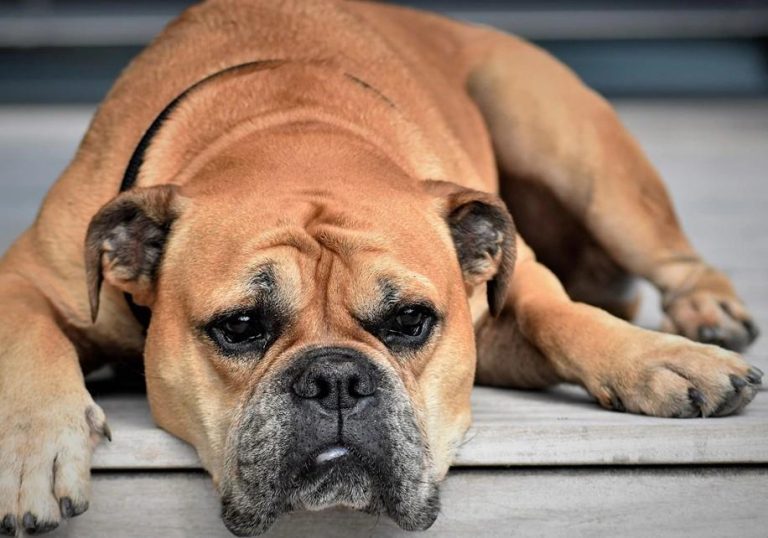
BFI Official Told Me to ‘Shut Up, Lower Your Head & Do as We Say’: Olympic Medallist Lovlina
The world of sports is often touted as a platform where athletes can showcase their talent, achieve greatness, and inspire others. However, behind the scenes, the story can be quite different. Recently, Olympic bronze medal-winning boxer Lovlina Borgohain accused BFI executive director Col Arun Malik of humiliating her and undermining her achievements during a Zoom meeting. The meeting, which was attended by SAI and TOPS officials, has raised serious concerns about the treatment of athletes in India.
According to Lovlina, Col Malik told her to “shut up, lower your head and do as we say”. His words, she said, were not only disrespectful but also carried an alarming tone of gender-discriminatory dominance. This incident has sparked outrage among athletes and sports enthusiasts, who are demanding justice and accountability from the Indian Olympic Association (IOA) and the Boxing Federation of India (BFI).
L Lovlina Borgohain, who won the bronze medal at the Tokyo Olympics, has been a trailblazer for women’s boxing in India. Her achievements have inspired countless young girls to take up the sport, and she has been an ambassador for Indian sports globally. However, her experience with Col Malik has left her feeling belittled and disrespected.
In an interview, Lovlina recounted the incident, saying: “I was in a meeting with the BFI, SAI, and TOPS officials. Col Malik started talking about my performance, and I had a different opinion. He got agitated and told me to ‘shut up, lower your head and do as we say’. His words weren’t only disrespectful but also carried an alarming tone of gender-discriminatory dominance.”
This incident is not an isolated one. There have been numerous reports of athletes being treated poorly by officials and coaches, often with a tone of superiority and entitlement. Lovlina’s experience is a stark reminder of the power dynamics at play in the world of sports, where athletes are often seen as mere commodities rather than individuals with their own agency and voices.
The IOA has launched an inquiry into the matter, and several officials have been summoned for questioning. The BFI has also issued a statement apologizing for Col Malik’s behavior, saying that it does not condone disrespect towards athletes. However, many are skeptical about the effectiveness of these measures, given the long history of corruption and maladministration within the sports bodies.
The incident has also raised questions about the treatment of women athletes in India. Lovlina’s experience is not an isolated one, and many women athletes have reported facing similar forms of harassment and discrimination. The lack of support and protection from the sports bodies has created a toxic environment where athletes are often forced to choose between their careers and their dignity.
The incident has also sparked a broader conversation about the role of sports in Indian society. Sports is often seen as a tool for national pride and prestige, but it is also an industry that is plagued by corruption, nepotism, and cronyism. The treatment of athletes like Lovlina is a stark reminder of the need for greater accountability and transparency within the sports bodies.
In conclusion, Lovlina Borgohain’s experience with Col Malik is a wake-up call for the sports community in India. It is a reminder that athletes are not mere commodities, but individuals with their own agency and voices. The IOA and the BFI must take concrete steps to address the power imbalance and ensure that athletes are treated with respect and dignity. Until then, the mistreatment of athletes like Lovlina will continue to be a stain on the face of Indian sports.





